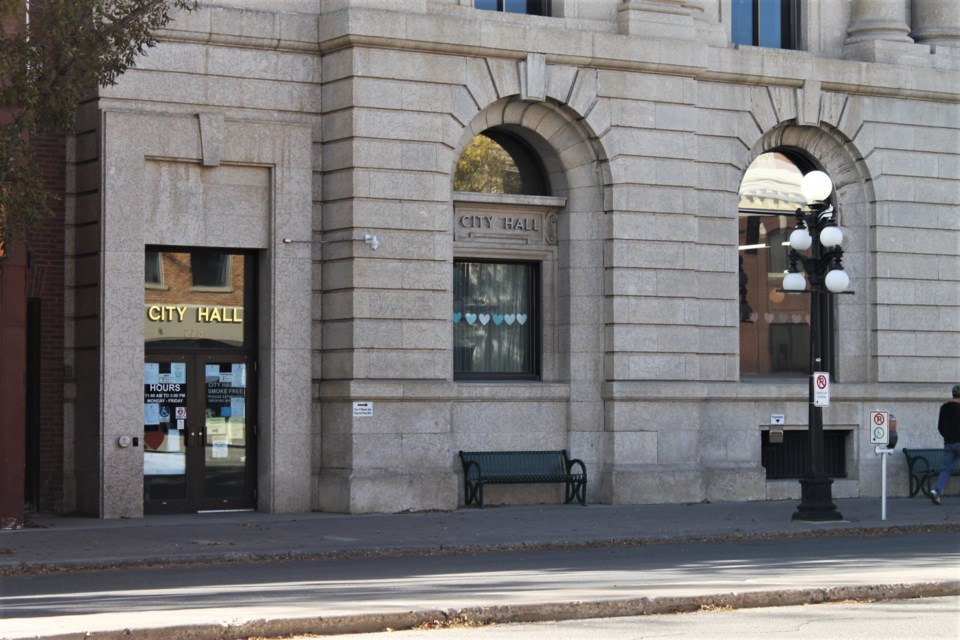The amount of tax revenue city hall has collected since 2009 has increased by almost 90 per cent, making municipal taxation the single-largest revenue source in the budget.
The City of Moose Jaw took in just over $15 million in municipal taxation in 2009, data from city hall shows, and since then, the amount of revenue collected has increased 89 per cent, with $28.3 million expected to be collected next year.
This means municipal taxation now accounts for 55 per cent of general operating budget revenues.
The information is part of the proposed 2021 budget that city administration presented to city council during the first budget deliberation meeting.
City administration is proposing to spend $119.38 million next year on municipal services and projects. The general operating budget requires $52.5 million for municipal services, the general capital budget needs $18.3 million for projects, the equipment reserve budget requires $3 million for purchases, the utility operating budget needs $28.09 million for services, and the utility capital budget requires $17.3 million for projects.
The expected revenue in 2021 for the general operating budget is $51.3 million, which is an increase from $49.4 million this year. The projected expenses for next year are $52.5 million, which is an increase from $49.4 million this year.
About 58 per cent of operating budget expenses are salaries. This means of the $52.5 million in operating budget expenses next year, $30,479,770.82 will go toward paying municipal employees.
“The unfortunate reality of any budget is it costs more each year to provide the same programs and services,” finance director Brian Acker said during the meeting. “So you can’t maintain things at zero per cent (tax increases).”
In 2018 city council adopted a motion to split future tax increases between residential and commercial properties to lessen the tax gap between the two areas, the budget document explained. This will result in a gradual shift in taxation levels from commercial properties to residential properties.
The commercial-to-residential tax gap was at 2.25 three years ago, while that decreased to 2.15 this year. Depending upon the final mill rate increase levied this year, the tax gap could decrease next year.
The document noted that city administration would ask city council to continue with this tax-sharing approach in 2021.
Transportation
The City of Moose Jaw provides a subsidy to the regular transit and para-transit services every year. The budget is proposing to provide a combined subsidy of $1.6 million, with regular transit to receive $1.28 million and para-transit to receive $357,514.
In 2019, the budget subsidy was $1.2 million.
Regular transit is expected to see total revenue and expenses of $1.56 million next year, while para-transit is projected to see revenue and expenses of $558,539.
However, Acker pointed out both services could see a revenue decrease, with regular transit expected to lose $29,000 in revenue and para-transit projected to lose $24,975. Meanwhile, regular transit expenses are projected to increase by $65,009 and para-transit expenses by $46,796.
Consumer price index
During his presentation, Acker showed a graph with two lines: one featuring the consumer price index (CPI) and another featuring municipal tax increases from 1992 to today. He pointed out that CPI has increased by 2.03 per cent and municipal taxes have increased by 2.06 per cent since that time.
However, from the mid-1990s to the early 2000s, there were no tax increases within the City of Moose Jaw, with the graph showing the two lines diverging.
“Every year (that) you have a zero-per-cent tax increase, it’s equivalent to a reduction of two-or-so per cent in your budget,” he added. “From 2005 to 2020, we’ve been playing catch up on that.”
The next budget discussion meetings are Dec. 9 and 16.




